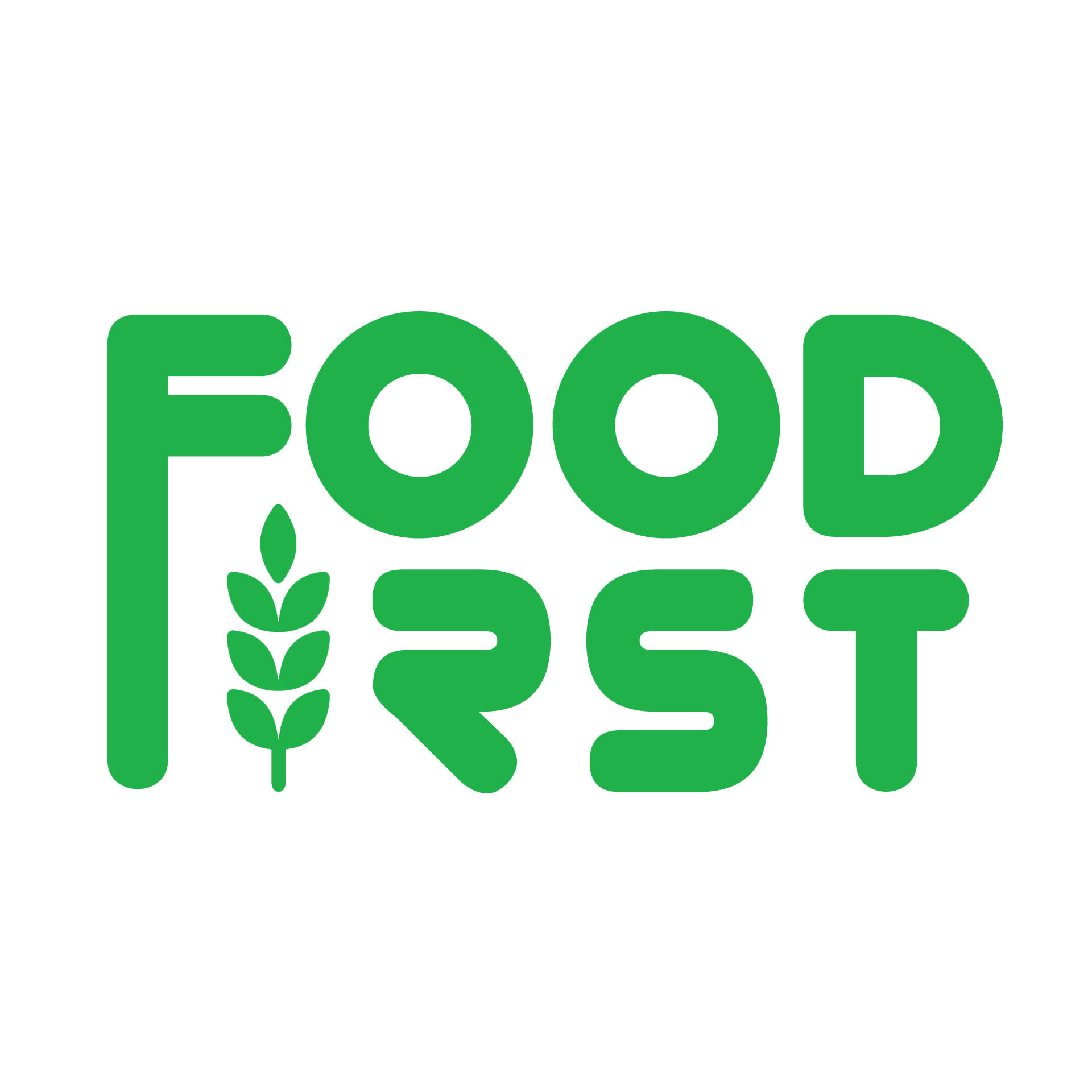Our story
The way we produce, process, consume and waste food has implications on food security, public health, the environment, the economy and social equality. Considering the rapidly growing world population pushing the boundaries of our planet and the rise of hunger and malnutrition, our present food systems are not future-proof. More than ever before, cooperation between all stakeholders (government, businesses, civil society, knowledge institutions etc.) will be needed to contribute to an effective transition to truly sustainable food systems.FoodFIRST is a neutral and independent platform that brings together the government, the business sector, civil society and knowledge institutes. By facilitating dialogue and connecting expertise, we aim to inspire our partners to think outside the box and seize opportunities to conceive innovative and scalable solutions focused on achieving SDG1: eradicating poverty in all its forms and SDG 2: end hunger, achieve food security and promote sustainable agriculture.
About FoodFIRST
What makes us unique?
foodFIRST is a neutral and independent platform that:inspires an open exchange of views and out-of-the-box thinking in order to find innovative solutions to challenges in the food chain;
triggers an action-oriented agenda that builds on the strength and expertise of the Dutch stakeholders involved
stimulates cooperation between parties so as to explore (unconventional) solutions and to learn from each other
Our Goals
forge coaliations to contribute to SDGs 1 & 2
triggers an action-oriented agenda that builds on the strength and expertise of the Dutch stakeholders involved
stimulates cooperation between parties so as to explore (unconventional) solutions and to learn from each other
Read here about news and events:
January 28, 2026
In een recent artikel in EW Magazine analyseert Paul Bosman waarom de Europese Unie, ondanks groeiende ambities, geen samenhangende geopolitieke macht kan worden. De oorzaak ligt niet in politieke wil, maar in een structurele paradox in de manier waarop soevereiniteit en besluitvorming binnen de EU zijn georganiseerd.
January 14, 2026
In een recent artikel in EW Magazine analyseert Paul Bosman waarom de Europese Unie, ondanks groeiende ambities, geen samenhangende geopolitieke macht kan worden. De oorzaak ligt niet in politieke wil, maar in een structurele paradox in de manier waarop soevereiniteit en besluitvorming binnen de EU zijn georganiseerd.
December 3, 2025
De bijeenkomst op 12 december 2025 bij evofenedex vormde de derde van vier stakeholderdialoogsessies van het pilotproject Geïntegreerde toepassing van EU-duurzaamheidswetgeving. Waar de eerste sessie (zie verslag) gericht was op het gezamenlijk duiden van knelpunten en de tweede sessie (zie verslag) op het verkennen van oplossingsrichtingen, stond deze derde dialoog in het teken van het toetsen van een aanzet voor een kader voor een geïntegreerde aanpak. Centraal stond de vraag of dit kader bedrijven helpt om de verschillend EU-duurzaamheidswetten samenhangend en werkbaar te implementeren, en welke randvoorwaarden nodig zijn om dit in de praktijk te laten slagen.

